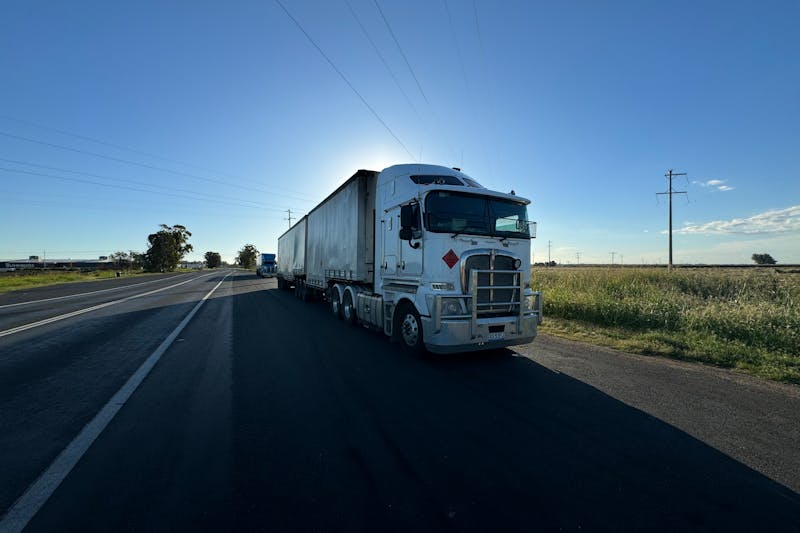What is involved with Probate in Tennessee?
First you should stay calm. The probate process is generally fairly easy and not very expensive. Our Tennessee Estate Lawyers have helped many people through probate. We have found that when a client understands how the process works and what to expect we can relieve much of anxiety and unease some people have about the process. As such, we have set forth a little summary below.
While you may have heard of probate, you may not be sure exactly what probate is. Probate is a term that is used in a number of different ways. Probate can refer to the act of presenting a will to a court officer for filing, which is known as “probating” a will. However, probate generally refers to the process in which your estate is administered through the court system after you die. Probate courts (circuit courts in Tennessee) have jurisdiction to handle all probate matters.
However, not all assets are required to go through probate. Typically, only assets the deceased owned in his or her name alone must go through probate. All other assets pass to the new owners without going through the probate process. Assets that go through probate are known as the “probate estate.”
Common assets that are not part of the probate estate may include:
• Any property held in joint tenancy • Any property held in tenancy by the entirety • Payable-on-death bank accounts • Life insurance proceeds • Assets registered in transfer-on-death form • Retirement accounts • Living trust assets
This process provides an orderly and supervised way to transfer your assets making up the probate estate. The probate procedure typically involves several steps summarized as follows:
1. There is a determination whether there are assets subject to probate.
2. The will is presented to the court to determine its validity.
3. A personal representative of the estate (also known as an executor) is appointed “opening” the estate.
4. Any creditors and beneficiaries are notified that the estate has been opened.
5. The personal representative collects the assets that will pass through the estate.
6. Debts of the estate are paid off following specified procedural requirements.
7. The assets are distributed to the specified beneficiaries.
8. The estate is then closed.
If the person dies without a will, also called intestate, the court follows the same procedures only without the verification of a will. State statutes dictate the beneficiaries.
While this summary provides a brief outline of the probate process, there can be a number of complications within the proceedings. It can be very beneficial to have the help of an experienced probate attorney to help with any complex issues.
If you need the help of a Tennessee wills and probate attorney, be sure to contact our Nashville office. Our experienced Nashville-based team of lawyers would be happy to answer any questions that you may have.




![Average Settlement for Car Accidents in Nashville [What to Expect in 2025]](https://www.thehigginsfirm.com/wp-content/uploads/2025/03/car-accident-settlement.jpg)
